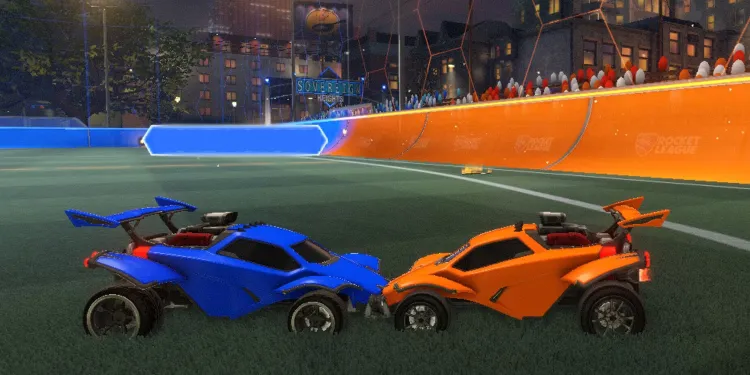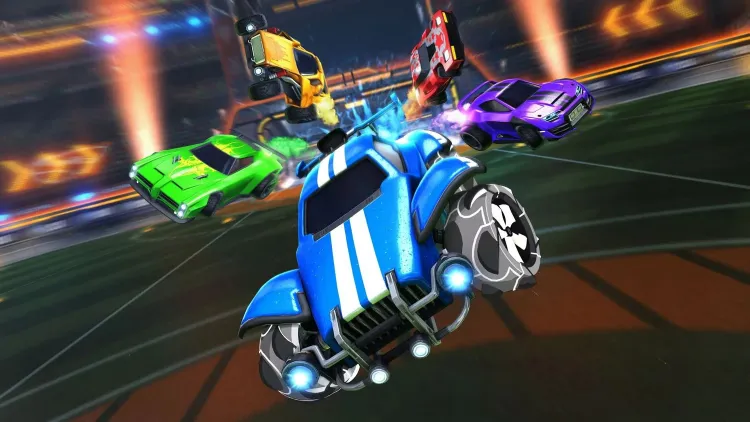Mastering the Unwritten Rules of Rocket League: Strategies for Team-Based Success
In Rocket League, a game teeming with diverse player communities, the unwritten rules are often a matter of interpretation. While individual skill development is crucial, there exist some inherent customs that players tend to follow in Rocket League's team-based game modes. When going solo in Rocket League, the playing field is relatively open, and players are not bound by strict regulations. However, when engaging in the team-based game modes, it's essential to be mindful of certain universal unwritten rules.
Familiarizing yourself with these unwritten rules is especially important for high-level team play, particularly when teaming up with random players. Trusting that your teammates will adhere to these shared guidelines enables you to concentrate on your own performance and mechanics, eliminating the need for constant communication about your intentions with your team. As players progress through Rocket League's competitive ranks, adhering to these unwritten rules becomes a winning formula.
Explaining Rocket League's "Rule Number One"

While Rocket League's various communities often have their own sets of unwritten rules, the first rule tends to be consistent across the board and is aptly named "rule number one". This unspoken rule dictates that when two players' cars become entangled, such as in a head-on or rear-to-rear collision, both players must remain in this position until external interference separates them. A goal being scored resets all players to their spawn points, and the only acceptable way to break free from a "rule number one" situation is if a third player intervenes by bumping into the collision.
Even in Rocket League's competitive multiplayer modes, most players faithfully uphold this rule, regardless of whether it places their team at a disadvantage. In many ways, Rocket League's "rule number one" offers a lighthearted break from the intense pace of the game.
Unveiling the Secret Team Tactics in the Rocket League Community

Another widely accepted tactic in Rocket League is to have the leftmost player handle kick-offs. Generally, players closest to the ball when the match begins are responsible for kick-offs. However, in cases where teammates are equidistant from the ball, communication is key. To prevent misunderstandings, it's best to establish the habit of letting the leftmost player handle the kick-off when playing with randomly matched teammates. Mistakenly assigning the wrong player for the kick-off can be especially costly in game modes like Hoops, Rocket League's basketball variant, as it can lead to an easy goal for the opposing team.
This rule is closely related to kick-off etiquette. At the start of each match and during kick-offs, every player has an assigned Boost Pad in Rocket League. Specifically, players defending the goal can share the corner boost pads on their side, while the player initially going for the kick-off is entitled to one of the midfield boost pads. Equipping all team members with a full boost gauge can make a difference even in challenging kick-off situations. Effective communication or quick chats can help avoid misunderstandings and enable players to flexibly adjust their approach to this rule.
Having an uneven number of players on a team doesn't necessarily warrant an immediate forfeit. In the competitive game modes of Rocket League's multiplayer, there are no AI substitutes for missing teammates. However, being short-handed doesn't automatically spell doom for a match. While it's far from an ideal situation, winning is still within reach even when a team is down a player. Additionally, staying in the match for a reasonable duration, despite losing a teammate, offers the disconnected player(s) a chance to return and level the playing field. Surrendering a match always results in a loss, regardless of the circumstances, so it's worth trying to avoid this outcome whenever possible.

Comments